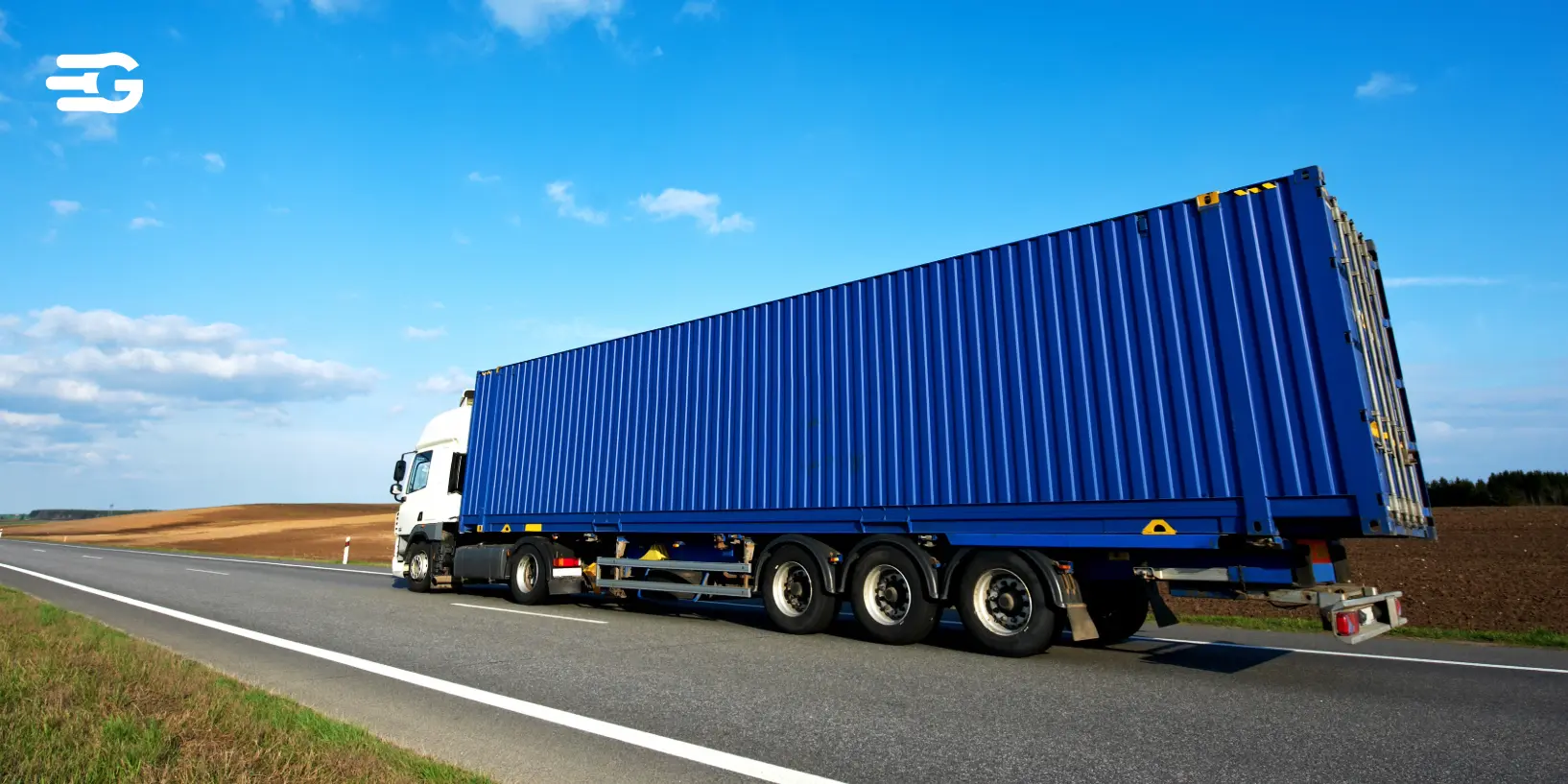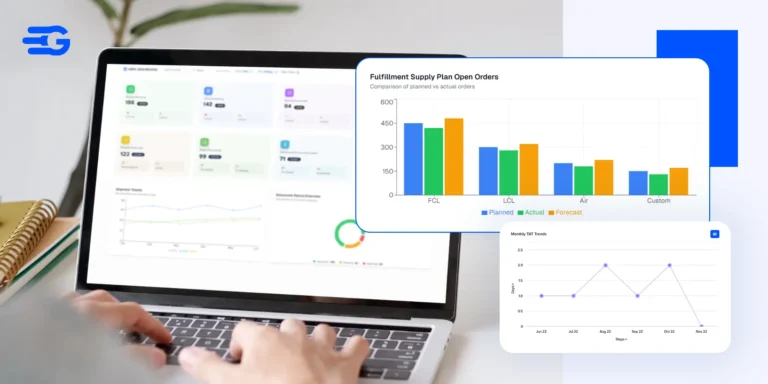Road Haulage: Optimizing Logistics Efficiency with Smart Freight Solutions
Road haulage is the backbone of modern logistics, ensuring the smooth and efficient movement of goods across short and long distances. As businesses strive to meet customer demands for faster deliveries and streamlined supply chains, optimizing road haulage services has become more critical than ever. By leveraging smart freight solutions, companies can enhance operational efficiency, reduce costs, and improve overall logistics performance. This article delves into the key aspects of road haulage, including its advantages, challenges, technological advancements, and future trends shaping the industry.
What is Road Haulage?
Road haulage plays a critical role in modern logistics, ensuring goods are transported efficiently across regions. Simply put, it refers to the movement of goods via roads using trucks, lorries, or other vehicles. This method is widely used in supply chains, connecting manufacturers, suppliers, and consumers seamlessly.
Importance of Road Haulage in Supply Chain Logistics
From small businesses to multinational corporations, road haulage is essential for timely and cost-effective deliveries. Unlike rail or sea transport, road haulage provides unmatched flexibility, allowing direct delivery to even the most remote locations. This makes it a preferred choice for industries relying on fast and responsive transportation solutions.
Advantages and Challenges of Road Haulage
Road haulage is a vital component of the logistics industry, offering businesses numerous advantages while also presenting certain challenges that must be managed effectively. Understanding these aspects helps companies make informed decisions about their transportation strategies and optimize their supply chain operations.
Key Benefits for Businesses
- Flexibility & Accessibility – Road haulage allows direct transportation from supplier to customer, reducing handling time and potential damage.
- Cost-Effectiveness – For short and medium distances, road transport is more affordable than air freight and often more practical than rail.
- Faster Delivery Times – Unlike other modes of transport that follow fixed schedules, road haulage offers on-demand service, reducing lead times.
- Ideal for Perishable Goods – Industries such as food and pharmaceuticals benefit from faster transit times and controlled environments.
Challenges and How to Overcome Them
Despite its many advantages, road haulage faces certain challenges, including:
- Traffic Congestion: Delays due to road conditions can impact delivery timelines. Using real-time tracking and route optimization tools helps mitigate this issue.
- Environmental Impact: With growing concerns over carbon emissions, companies are investing in fuel-efficient and electric-powered trucks.
- Driver Shortages: The industry faces a labor shortage, but better wages, training programs, and automation technologies are helping address this challenge.
Also Read: What is Transportation and Logistics Management
Road Haulage vs. Freight Transport: Key Differences
Road haulage is a crucial part of freight transport, but it differs in several key aspects. While all freight transport methods aim to move goods efficiently, road haulage offers distinct advantages in terms of flexibility, cost, and speed for short to medium distances. Understanding these differences helps businesses select the most suitable transport method for their needs.
Comparative Analysis of Road Haulage and Freight Transport
Although road haulage is a form of freight transport, key differences set it apart from other modes like rail, sea, or air:
| Factor | Road Haulage | Other Freight Transport |
| Speed | Faster for short to mid distances | Slower due to additional handling |
| Cost | More affordable for regional transport | Expensive for shorter distances |
| Flexibility | High – door-to-door service | Lower – fixed schedules and hubs |
| Suitability | Ideal for perishable and urgent goods | Better for bulk shipments over long distances |
When to Choose Road Haulage Over Other Modes
Road haulage is best suited when:
- Deliveries are time-sensitive.
- Goods need to be transported directly to the final destination.
- Shipments involve fragile or high-value items requiring careful handling.
- Costs need to be controlled for short to medium distances.
The Role of Technology in Road Haulage
AI and Automation in Freight Movement
Technology is revolutionizing road haulage, making it more efficient and cost-effective. AI-driven route optimization, predictive maintenance, and automated dispatching help businesses cut down fuel consumption and minimize delays. Companies leveraging AI see significant improvements in delivery accuracy and fleet efficiency.
Enhancing Efficiency with Digital Freight Platforms
Digital freight platforms streamline road haulage services by offering real-time tracking, automated documentation, and transparent pricing. Businesses using these platforms gain better control over their supply chains, reducing inefficiencies and enhancing customer satisfaction.
Future of Road Haulage and Sustainability Trends
Green Logistics and Eco-Friendly Transport Solutions
With sustainability becoming a priority, the road haulage industry is embracing eco-friendly practices. Key trends include:
- The adoption of electric and hydrogen-powered trucks.
- Implementation of carbon offset programs.
- Use of alternative fuels like biodiesel to lower emissions.
Innovations Driving the Future of Road Haulage
Advancements such as autonomous trucks, smart highways, and drone-assisted deliveries are shaping the future of the industry. Companies investing in these innovations will benefit from reduced operational costs and improved efficiency.
Conclusion
Road haulage remains an indispensable part of the logistics landscape, offering flexibility, speed, and cost-efficiency. By embracing technology and sustainable practices, businesses can optimize their haulage service while staying ahead in a competitive market. Whether you’re a small business or a global enterprise, understanding road haulage ensures smarter, more strategic logistics decisions.
FAQs
1. Is road haulage only for large shipments?
No, road haulage is versatile and can accommodate everything from small parcels to full truckloads.
2. Is it more expensive than rail or sea transport?
For short to medium distances, road haulage is often more affordable and flexible compared to other freight methods.
3. How can businesses reduce haulage costs?
Optimizing routes, consolidating shipments, and using digital freight management platforms can significantly cut costs.
4. What are the key regulations affecting road haulage?
Compliance with emissions standards, driver work-hour restrictions, and vehicle safety regulations are crucial for smooth operations

